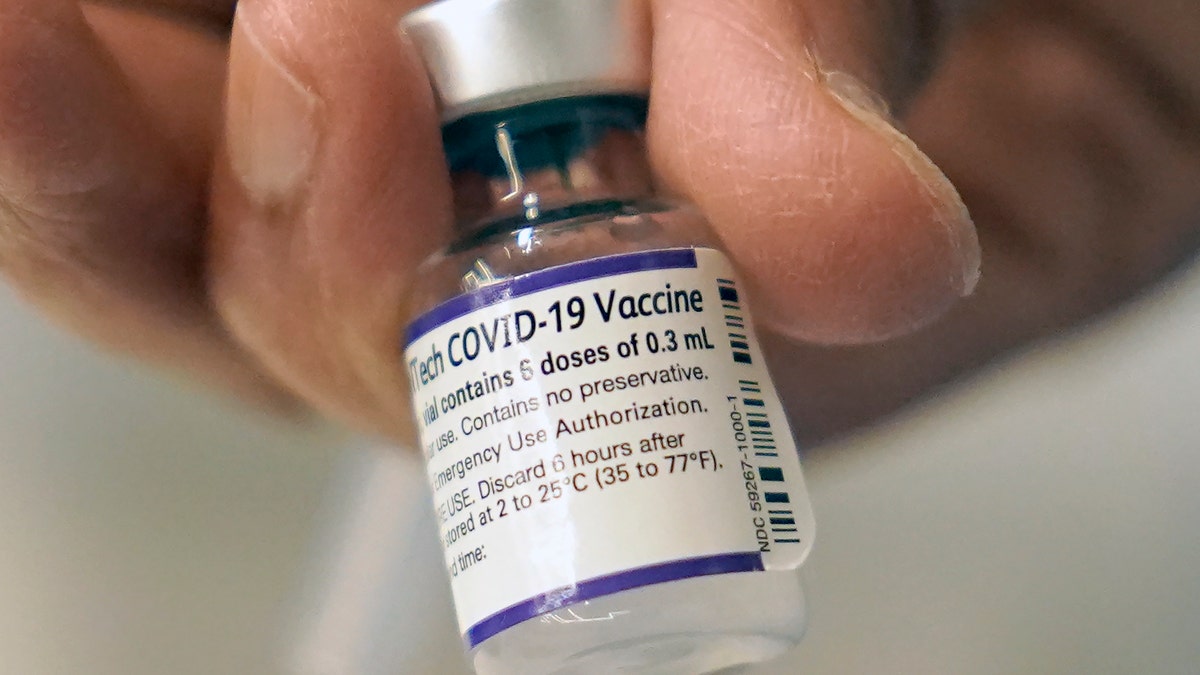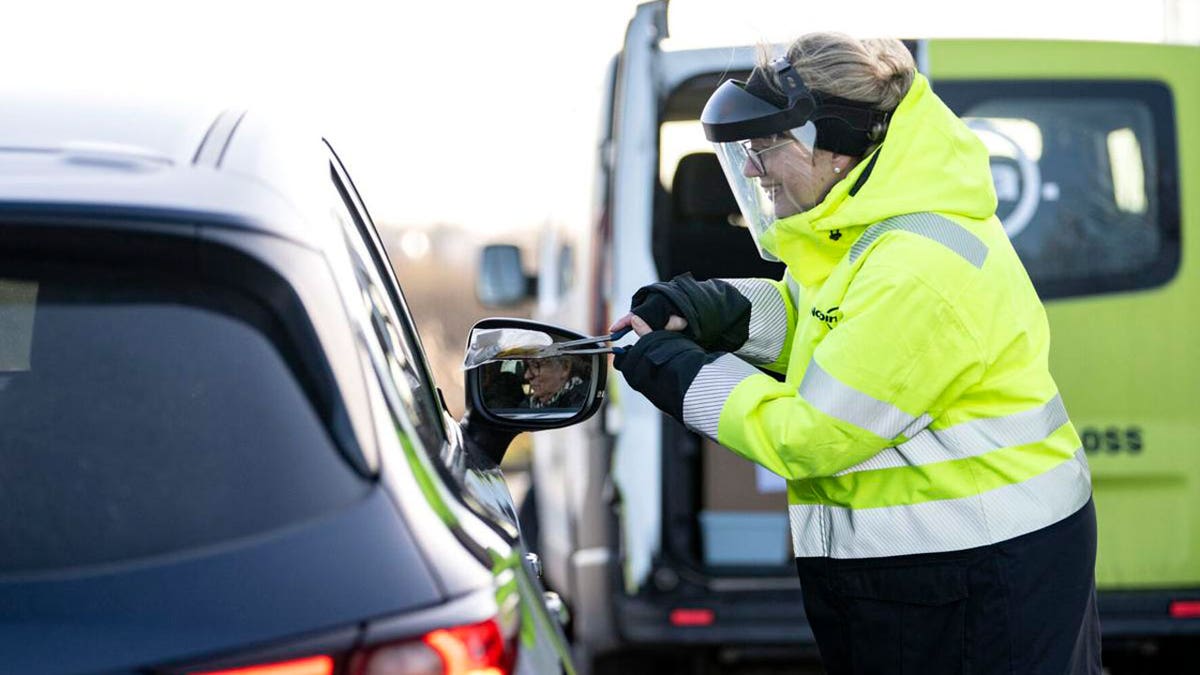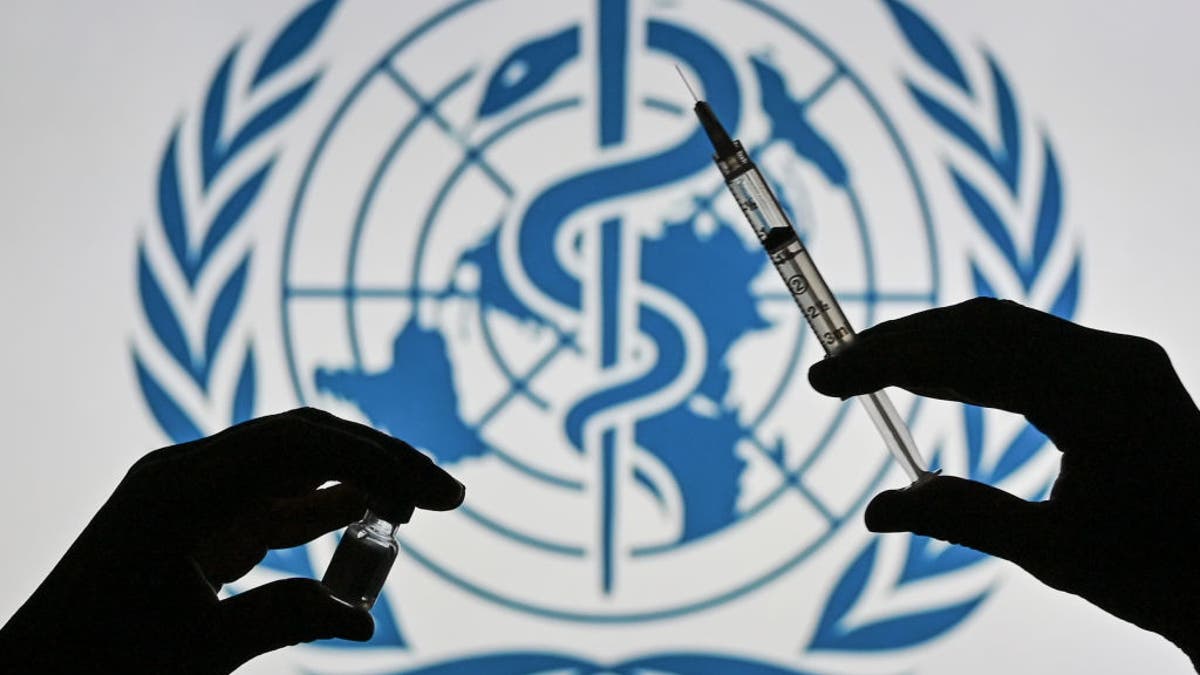Fox News Flash top headlines for July 11
Fox News Flash top headlines are here. Check out what's clicking on Foxnews.com.
The European Union said Monday it’s "critical" that authorities in the 27-nation bloc consider giving second coronavirus booster shots to people between the ages of 60 and 79 years and other vulnerable people, as a new wave of the pandemic sweeps over the continent.
"With cases and hospitalizations rising again as we enter the summer period, I urge everybody to get vaccinated and boosted as quickly as possible. There is no time to lose," European Commissioner for Health and Food Safety Stella Kyriakides said in a statement.
The European Center for Disease Prevention and Control (ECDC) and the European Medicines Agency said that the second boosters can be given at least four months after the first booster.
Monday’s advice comes after the agencies in April recommended that people over age 80 be considered for a second booster.
PFIZER-BIONTECH SEEK AUTHORIZATION FOR SECOND COVID-19 BOOSTER

A doctor loads a dose of Pfizer COVID-19 vaccine into a syringe, Thursday, Dec. 2, 2021, at a mobile vaccination clinic in Worcester, Mass. (AP Photo/Steven Senne, File) (AP Photo/Steven Senne)
"As a new wave is currently underway in Europe, with increasing rates of hospital and intensive care unit admissions, it is critical that public health authorities now consider people between 60 and 79 as well as vulnerable persons of any age for a second booster," the agencies said in a statement.
COVID-19: EUROPE CONSIDERS ACCEPTING THE VIRUS
ECDC Director Andrea Ammon said that the new wave is being driven by the highly transmissible BA.5 mutation of the omicron variant of the coronavirus.

A member of staff collects a COVID-19 PCR test, at the Covid testing site of Svagertorp, Malmoe, Sweden, Tuesday, Feb. 8, 2022. Starting Wednesday, Sweden ends the wide-scale testing for COVID-19 even among people showing symptoms of coronavirus infection, a move that puts the Scandinavian nation at odds with most of Europe but could become the norm as the costs of testing yields fewer benefits as the omicron variant proves milder and governments begin to consider treating covid-19 as other endemic illnesses. (Johan Nilsson/TT via AP)
’This signals the start of a new, widespread COVID-19 wave across the European Union," she said. "There are still too many individuals at risk of severe COVID-19 infection whom we need to protect as soon as possible. We need to remind people of the importance of vaccination from the very first shot to the second booster. We have to start today."
WHO EUROPE WARNS OF COVID-19 RISE IN EASTERN REGION
The agencies said that at the moment there is "no clear evidence to support giving a second booster dose to people below 60 years of age who are not at higher risk of severe disease." There also is no immediate need to give second boosters to health care workers or those working in long-term care homes unless they are at high risk, they added.

An illustrative image of a person holding a medical syringe and a Covid-19 vaccine vial in front of the World Health Organization logo displayed on a screen. (Artur Widak/NurPhoto via Getty Images)
Monday’s advice from the EU comes as scientists worry about a new omicron mutant — called BA2.75 — that is gaining ground in India and popping up in other countries.
CLICK HERE TO GET THE FOX NEWS APP
Scientists say the new variant may be able to spread rapidly and get around immunity from vaccines and previous infection. It’s unclear whether it could cause more serious disease than other omicron variants, including the globally prominent BA.5.








































